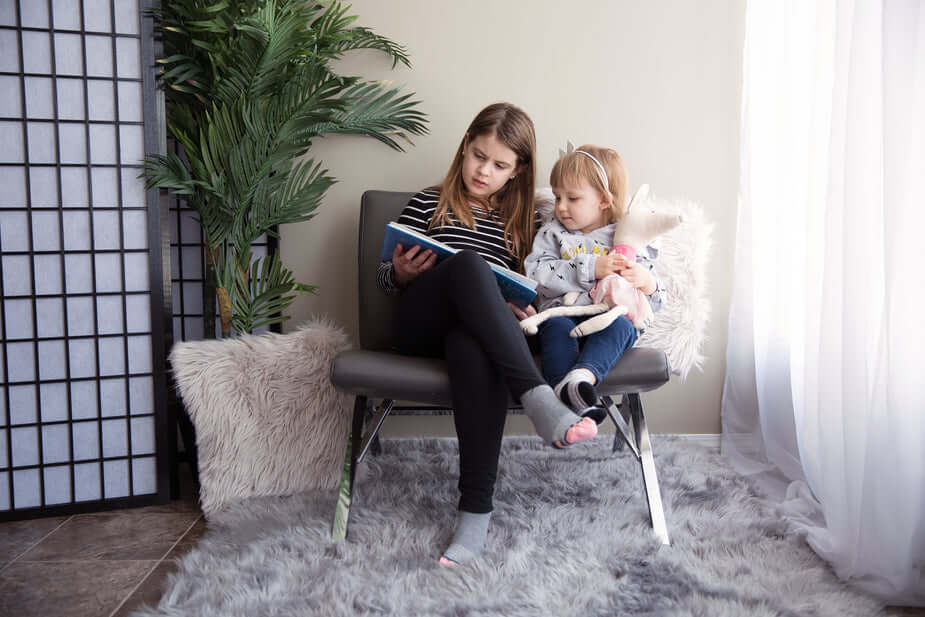Reading is beneficial to children in a lot of ways. One of such is giving a child the opportunity to become familiar and learn new vocabularies that don’t get used in a day-to-day conversation as well as a starting point for developing knowledge at home.
When an adult reads to children, they elaborate the contents of the books for the child to understand it better. They do this by labeling the pictures, explaining the activities in the books solving programs together and teaching them new words and concepts. Reading to them while they’re young as two years old can have a long-lasting benefit, especially to their later academic success and not just in literature but also in mathematics as well.
It has always been encouraged through programs, challenges, and initiatives which aims to increase the number of parents to find the time to read to their children, even if it’s a simple bedtime story. Longitudinal Study of Australian Children (LSAC), followed the development of at least 10,000 children and their families since 2004 and some of the children even started at the age of zero to one year old. During the interviews with the LSAC officers, the parents reported that they would regularly read to their children at the age of two, every week. LSAC then followed these children until they got to the age of four and eight years old.
The good news in the studies is that 21.2% of the parents reported that they read to their children at least three to five times a week, while 61.6% reads to their children every day. Studies show that parents who read together with their two-year-old child have long-lasting benefits. Actually, the more frequently it is, the more likely their children had better knowledge of spoken words and have early academic skills such as recognizing and copying geometric shapes, writing words and numbers when reaching the ages of four or five years old.
Additionally, families who frequently shared reading was linked to better performance in the National Assessment Program (NAPLAN) reading, writing, spelling and grammar, but not just that, shared reading was also linked to children excelling in mathematics at the age of eight and nine years old. Children from disadvantage families also benefit more from shared reading as a way for parents to support their child’s vocabulary and general academic achievement.
There are also other factors associated with parents and families that share the benefits of shared reading, which are, indicators of a child’s intelligence. A number of (children) books at home, and home activities where parents actively engage with their children other than reading like drawing, painting, playing music, playing with toys and kids’ games, and exercising together, but the importance of early shared reading is still one of the highest beneficial things you can do for your child.
So read more to and with your children, even if it’s just for a ten-minute bedtime story and it will bring wonders for the future life and academic success of your child.



